
by Ria Olivier | Feb 14, 2024 | Announcement, Marine Protected Area, Marion Island, Prince Edward Island, Prince Edward Islands
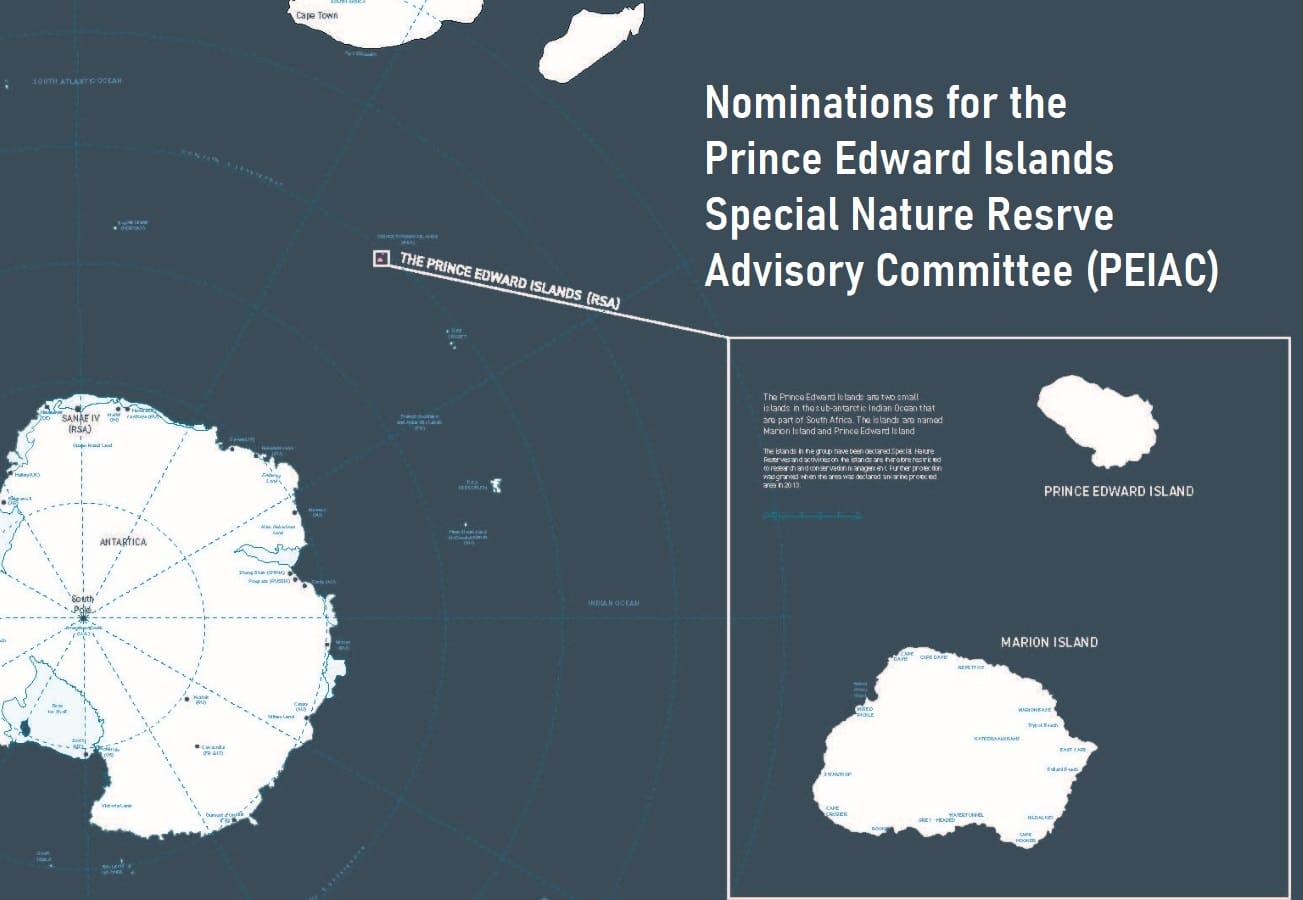 The Department of Forestry, Fisheries and the Environment is calling for the submission of nominations for the appointment of members to serve on the Prince Edward Islands Special Nature Reserve Advisory Committee (“PEIAC”) for the period 2024 to 2026.
The Department of Forestry, Fisheries and the Environment is calling for the submission of nominations for the appointment of members to serve on the Prince Edward Islands Special Nature Reserve Advisory Committee (“PEIAC”) for the period 2024 to 2026.
 See the full criteria here and Public Notice
See the full criteria here and Public Notice
Enquiries may be directed to:
Ms Daisy Kotsedi
Tel: 021 493 7354
E-mail: dkotsedi@dffe.gov.za
CLOSING DATE: 19 March 2024

by Ria Olivier | Feb 14, 2024 | Marion Island, Newsletters>Marion Island Newsletters, Overwintering Team, SANAP, Uncategorised
 The 2nd issue of The Wanderer by the Marion80 Overwintering team is now available online. It is a bumper issue with 64 pages to read and to enjoy the amazing photo’s taken by the team members.
The 2nd issue of The Wanderer by the Marion80 Overwintering team is now available online. It is a bumper issue with 64 pages to read and to enjoy the amazing photo’s taken by the team members.
Read the editor’s note by Zafar Monier “about the experiences of the people living one of the most extreme lifestyles, unexpected guests, new(born) arrivals, and even some goodbyes” .
Great message by the team leader Sandile Nkebe “Being on Marion Island has taught me to persevere, to be patient and to master the use of “alternatives”.
The Edition includes the visit by the Scientific team to Prince Edward Island.
Click here to Download
In this Issue:
- Clockwise vs Anti-clockwise by Zafar Monier
- Roaring winds by Yinhla Shihlomule
- Ode to the Paddy Counter by Michelle Risi
- How to Samsara by Michelle Risi
- There’s always another one by Zafar Monier
- Natures Midwife by Dylan Seaton
- Whatever Doesn’t Kill You Makes You a Beachmaster by Tammy Eggeling
- Gear Maketh Man by Zafar Monier
- Unexpected Guests by Kelly Mogotsi and Williem Krige

by Ria Olivier | Jan 29, 2024 | Ecology, Invasion Biology, Jobs, Marion Island, Mice Eradication, Overwintering Team, SANAP, sub-Antarctic, Team member
Vacancy for Mouse-Free Marion (MFM) Project Research Assistant on Marion Island (March 2024 – May 2025)

BirdLife South Africa, via the Mouse-Free Marion (MFM) Non-Profit Company (NPC), is offering an opportunity to a suitably qualified candidate to spend a year on Marion Island to continue monitoring studies designed to support the ongoing planning for the mouse-eradication operation. The position will include collecting field data on mice, continuing the monitoring of weather parameters, undertaking further field trials relating to the bait and, in collaboration with the University of Pretoria, contributing to the collection of baseline data on invertebrates and plants.
To read more about the Mouse Free Marion project – Click here
CLOSING DATE 12 FEBRUARY 2024
Read more about Marion Island and Overwintering Teams on the SANAP website
Key Responsibilities on Marion Island and Basic Academic Requirements, Experience, and Skills are is listed in the advertisement.
At least a B.Sc. (Hons) degree in conservation biology, ecology, or a related field.
Experience of field work in rugged terrain is required.
Please e-mail your application to Dr Isabel Human, at isabel.human@birdlife.org.za see relevant documents to be included in advertisement
South African applicants will receive priority. Please note that appointments will be contingent on availability of ship berths and funding.
For queries contact Dr. Sue Tonin, the Mouse-Free Marion Assistant Project Manager, at sue.tonin@birdlife.org.za

by Ria Olivier | Jan 25, 2024 | Ecology, Invasion Biology, Jobs, Marion Island, Mice Eradication, Overwintering Team, SANAP, sub-Antarctic, Team member
 Vacancy for field researcher on Marion Island (March 2024 – May 2025) –
Vacancy for field researcher on Marion Island (March 2024 – May 2025) –
Mouse impacts on invertebrates and plants
 The Department of Plant and Soil Sciences at the University of Pretoria is offering one suitably qualified candidate an opportunity to spend a year on Marion Island to measure various aspects of the impact of the house mouse on the diversity and function of the terrestrial ecosystems of Marion Island. This work will entail collecting baseline data, mostly on invertebrates and plants.
The Department of Plant and Soil Sciences at the University of Pretoria is offering one suitably qualified candidate an opportunity to spend a year on Marion Island to measure various aspects of the impact of the house mouse on the diversity and function of the terrestrial ecosystems of Marion Island. This work will entail collecting baseline data, mostly on invertebrates and plants.
CLOSING DATE 4 FEBRUARY 2024
Read more about Marion Island and Overwintering Teams on the SANAP website
REQUIREMENTS (full list available in advertisement
Minimum BSc (Hons) degree in an ecological field.
Experience of field work in rugged terrain is required.
Excellent organisational skills, attention to detail, meticulous observation, note-taking
and record-keeping abilities.
Experience of invertebrate and/or plant surveys.
Computer literacy with experience in data management, statistical analysis (at least
one undergraduate statistics course) and report writing are required.
Applicants should submit their applications here.
South African applicants will receive priority. Please note that appointments will be contingent on availability of ship berths and funding.
For queries contact Prof Greve (michelle.greve@up.ac.za) via email.

by Ria Olivier | Jan 23, 2024 | Announcement, Jobs, Marion Island, Overwintering Team, SANAP
 Join the 81 Marion Island Overwintering Team!
Join the 81 Marion Island Overwintering Team!
The Department of Forestry, Fisheries and the Environment (DFFE) is looking for a suitable candidate as communications engineer to join the 2024/2025 Marion Island team.
The team will depart (on the research and supply vessel, S.A. Agulhas II) to the sub-Antarctic Marion Island in April 2024 and return in May 2025. Click Here for the Marion Newsletter “The Wanderer” to read more about the overwintering team members experiences and activities. (Latest newsletter) More information available on SANAP website.
Position to be filled: Communications Engineer/Technician
APPLICATION DEADLINE: 5 February 2024
Click on the here to apply.

by Ria Olivier | Dec 24, 2023 | Gough Island, Important Dates, Marion Island, SANAE IV, SANAP

All team members at the stations at SANAE IV, Marion Island and Gough Island wish you all a happy festive season.
 SANAE IV – S62
SANAE IV – S62
 MARION 80
MARION 80
 GOUGH 69
GOUGH 69
The SANAP community We would also like to wish the SANAP overwintering teams a happy festive season!
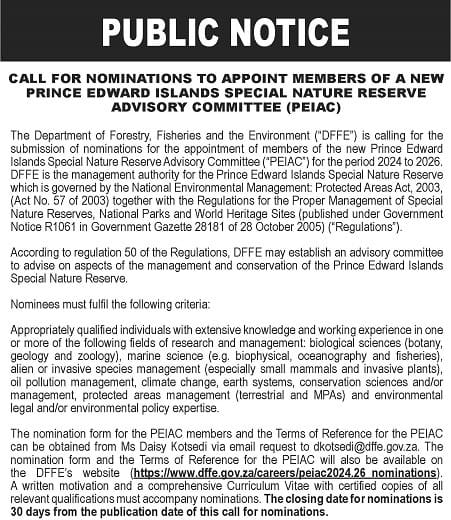
 The Department of Forestry, Fisheries and the Environment is calling for the submission of nominations for the appointment of members to serve on the Prince Edward Islands Special Nature Reserve Advisory Committee (“PEIAC”) for the period 2024 to 2026.
The Department of Forestry, Fisheries and the Environment is calling for the submission of nominations for the appointment of members to serve on the Prince Edward Islands Special Nature Reserve Advisory Committee (“PEIAC”) for the period 2024 to 2026.
 See the full criteria here and Public Notice
See the full criteria here and Public Notice
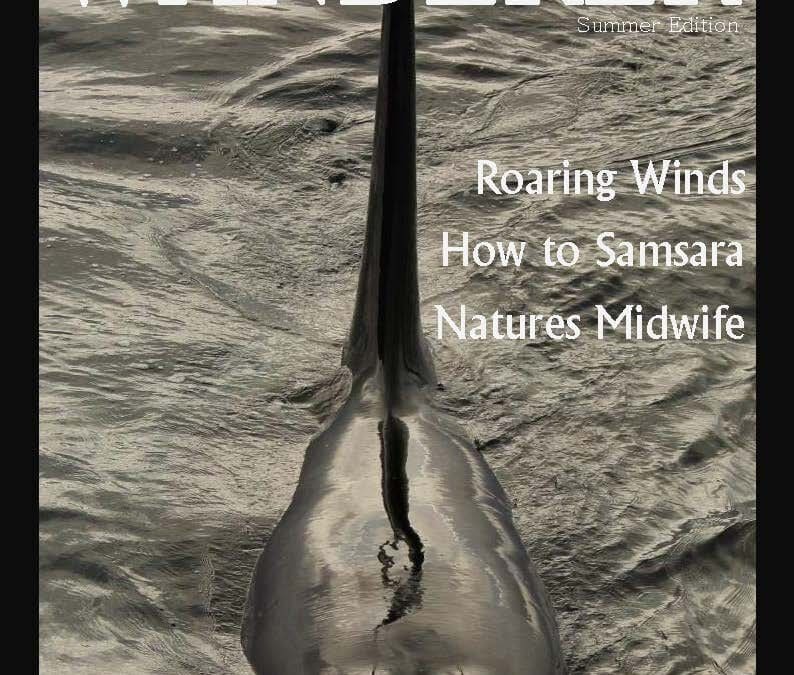
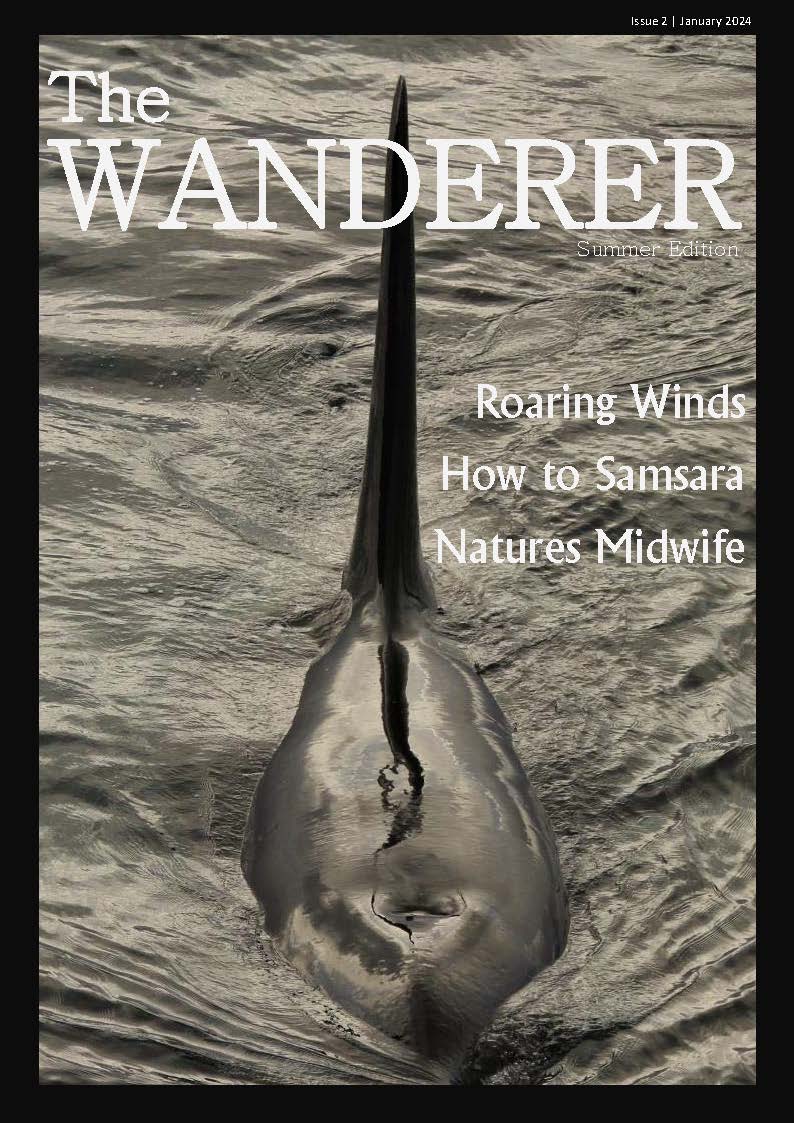 The 2nd issue of The Wanderer by the Marion80 Overwintering team is now available online. It is a bumper issue with 64 pages to read and to enjoy the amazing photo’s taken by the team members.
The 2nd issue of The Wanderer by the Marion80 Overwintering team is now available online. It is a bumper issue with 64 pages to read and to enjoy the amazing photo’s taken by the team members.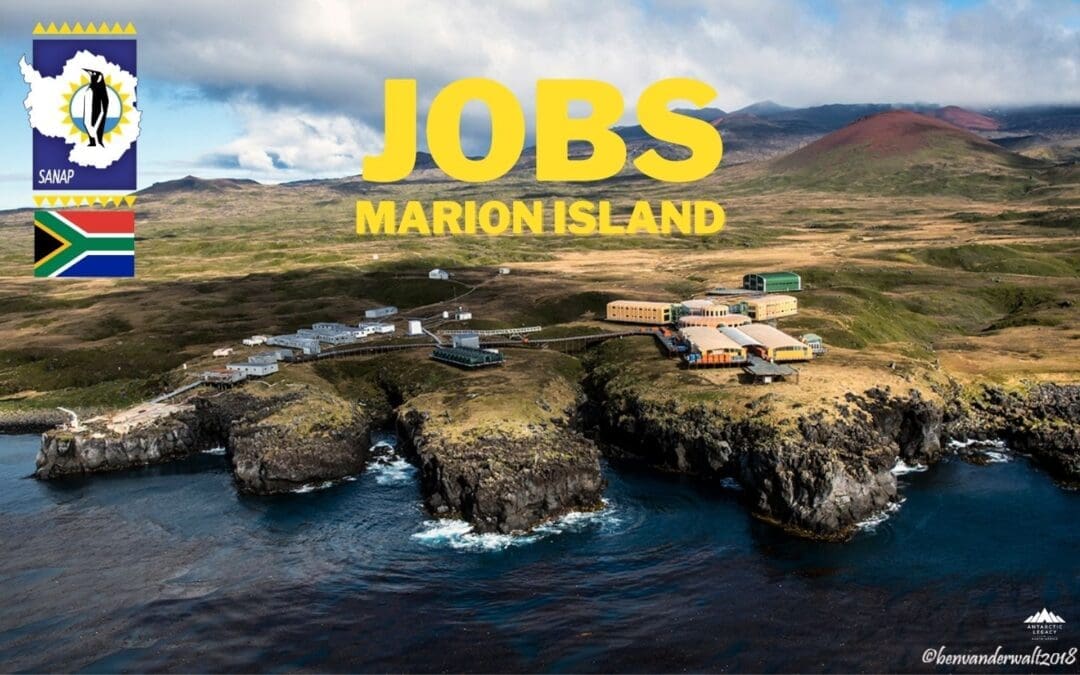
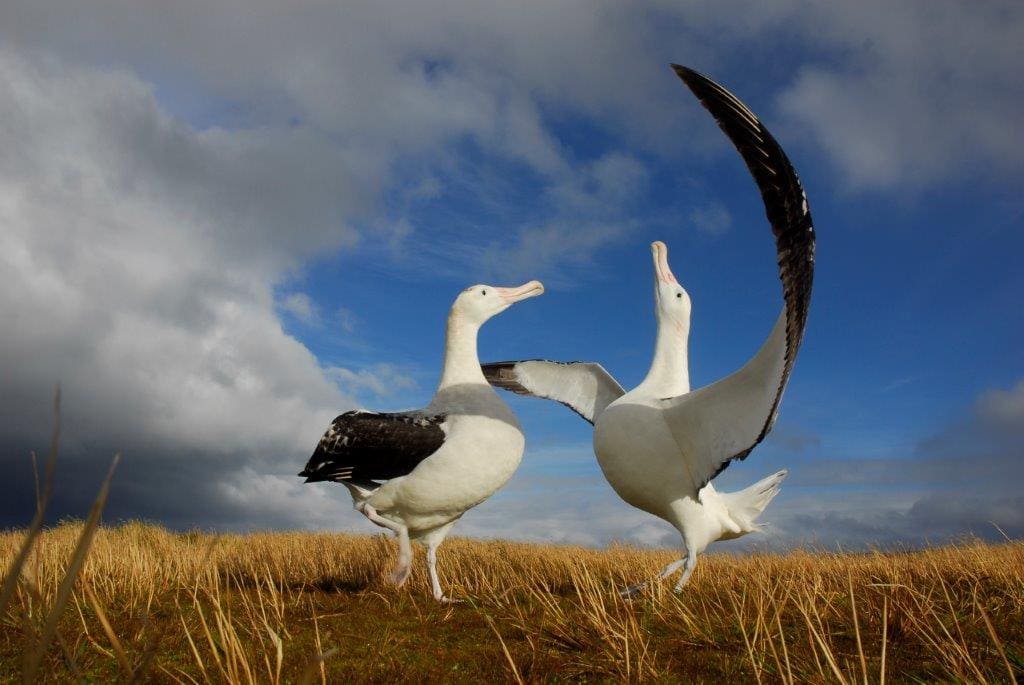
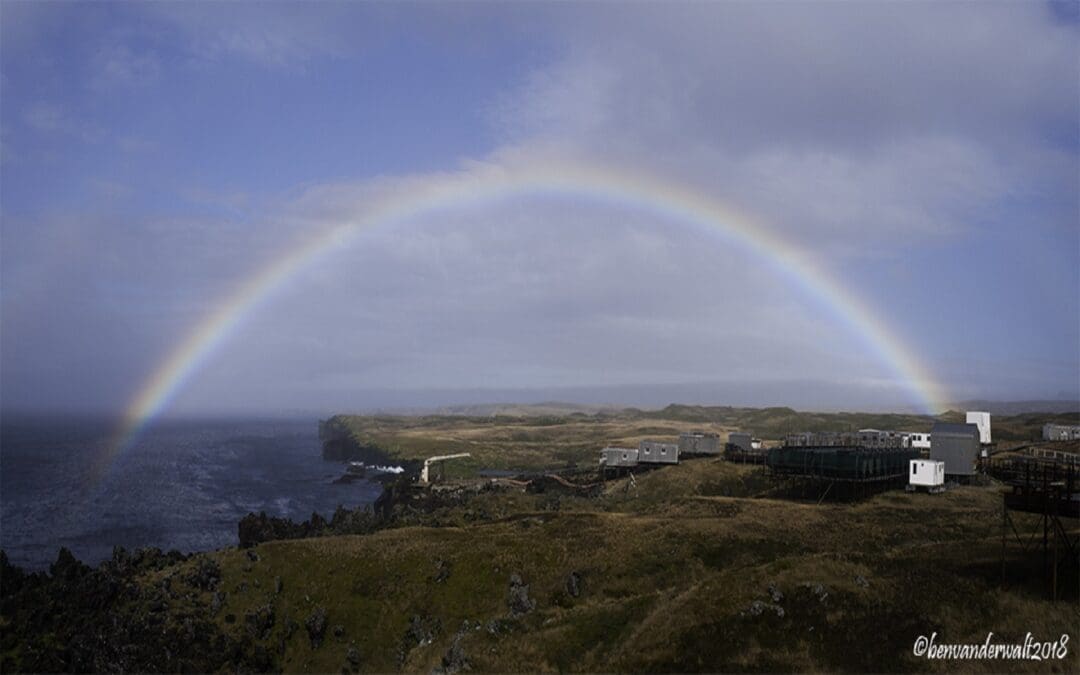
 Vacancy for field researcher on Marion Island (March 2024 – May 2025) –
Vacancy for field researcher on Marion Island (March 2024 – May 2025) –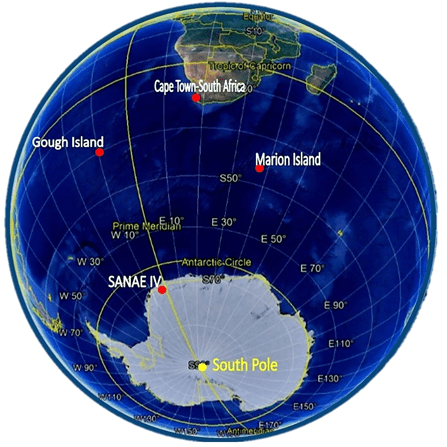 The Department of Plant and Soil Sciences at the University of Pretoria is offering one suitably qualified candidate an opportunity to spend a year on Marion Island to measure various aspects of the impact of the house mouse on the diversity and function of the terrestrial ecosystems of Marion Island. This work will entail collecting baseline data, mostly on invertebrates and plants.
The Department of Plant and Soil Sciences at the University of Pretoria is offering one suitably qualified candidate an opportunity to spend a year on Marion Island to measure various aspects of the impact of the house mouse on the diversity and function of the terrestrial ecosystems of Marion Island. This work will entail collecting baseline data, mostly on invertebrates and plants.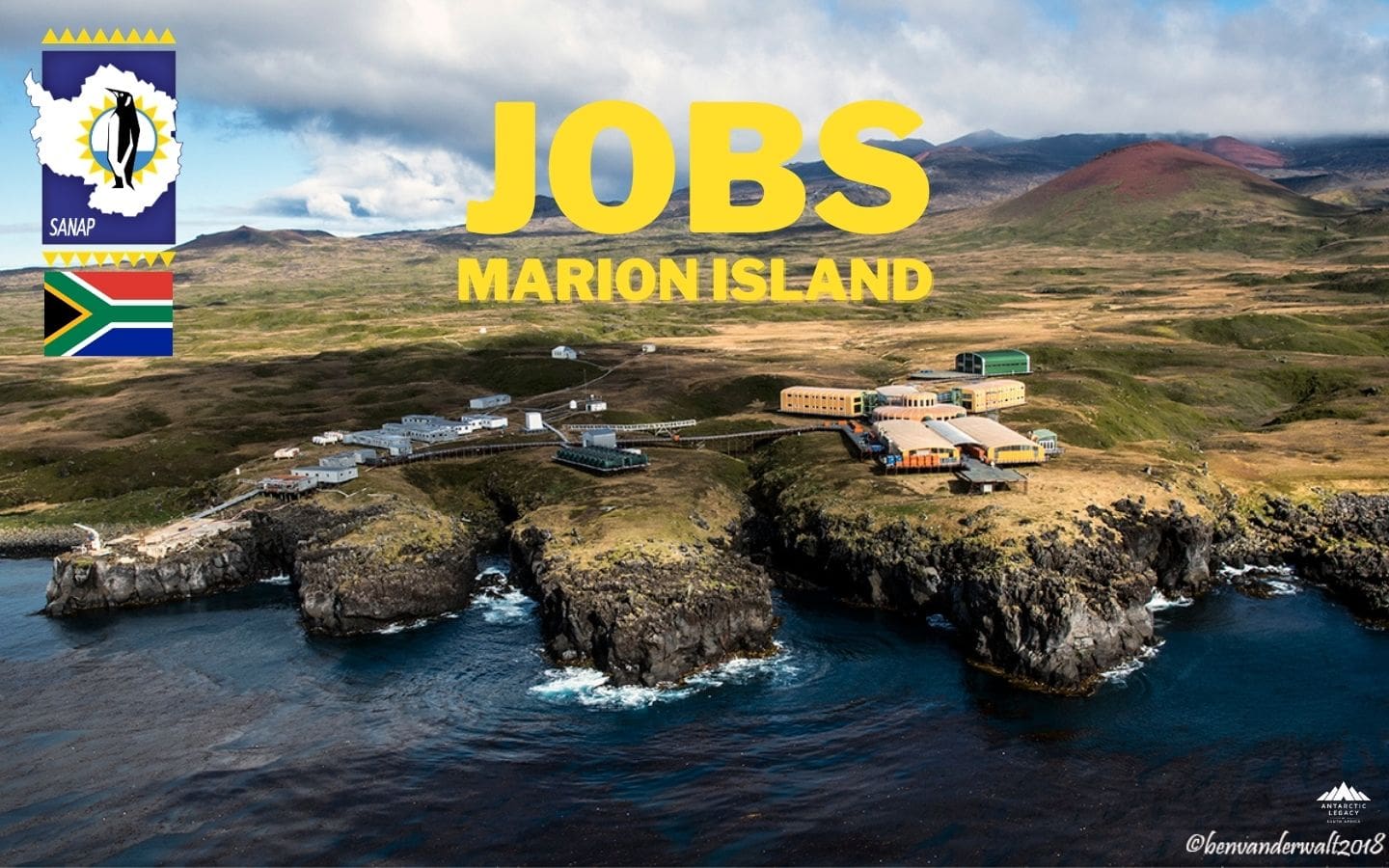 Join the 81 Marion Island Overwintering Team!
Join the 81 Marion Island Overwintering Team!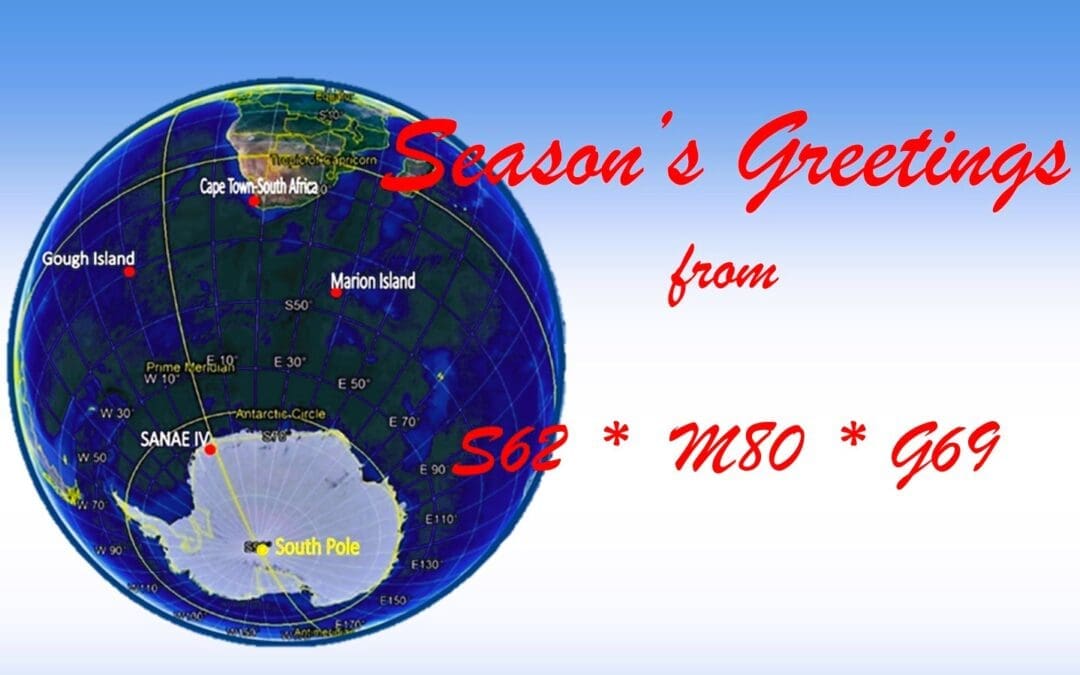

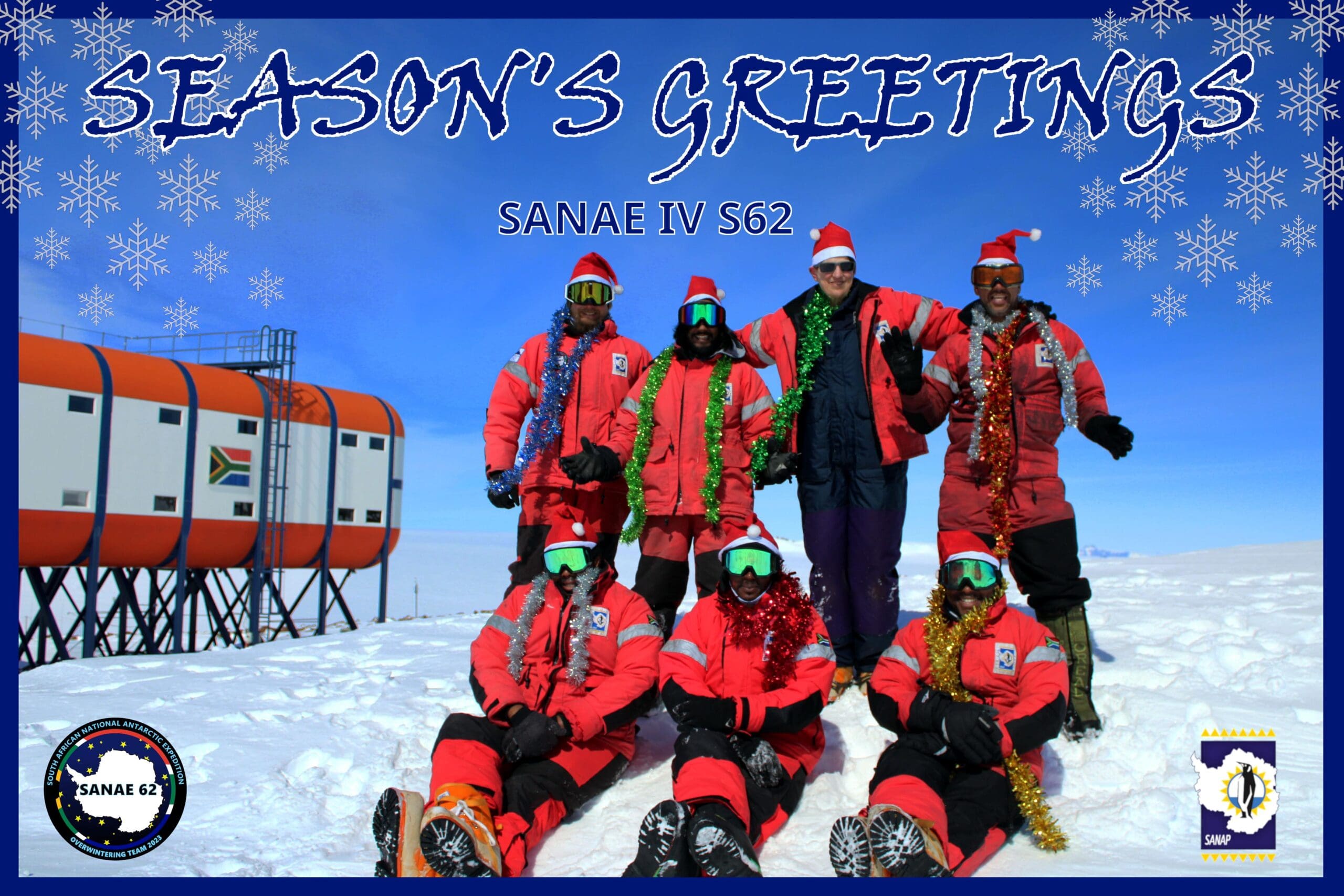 SANAE IV – S62
SANAE IV – S62 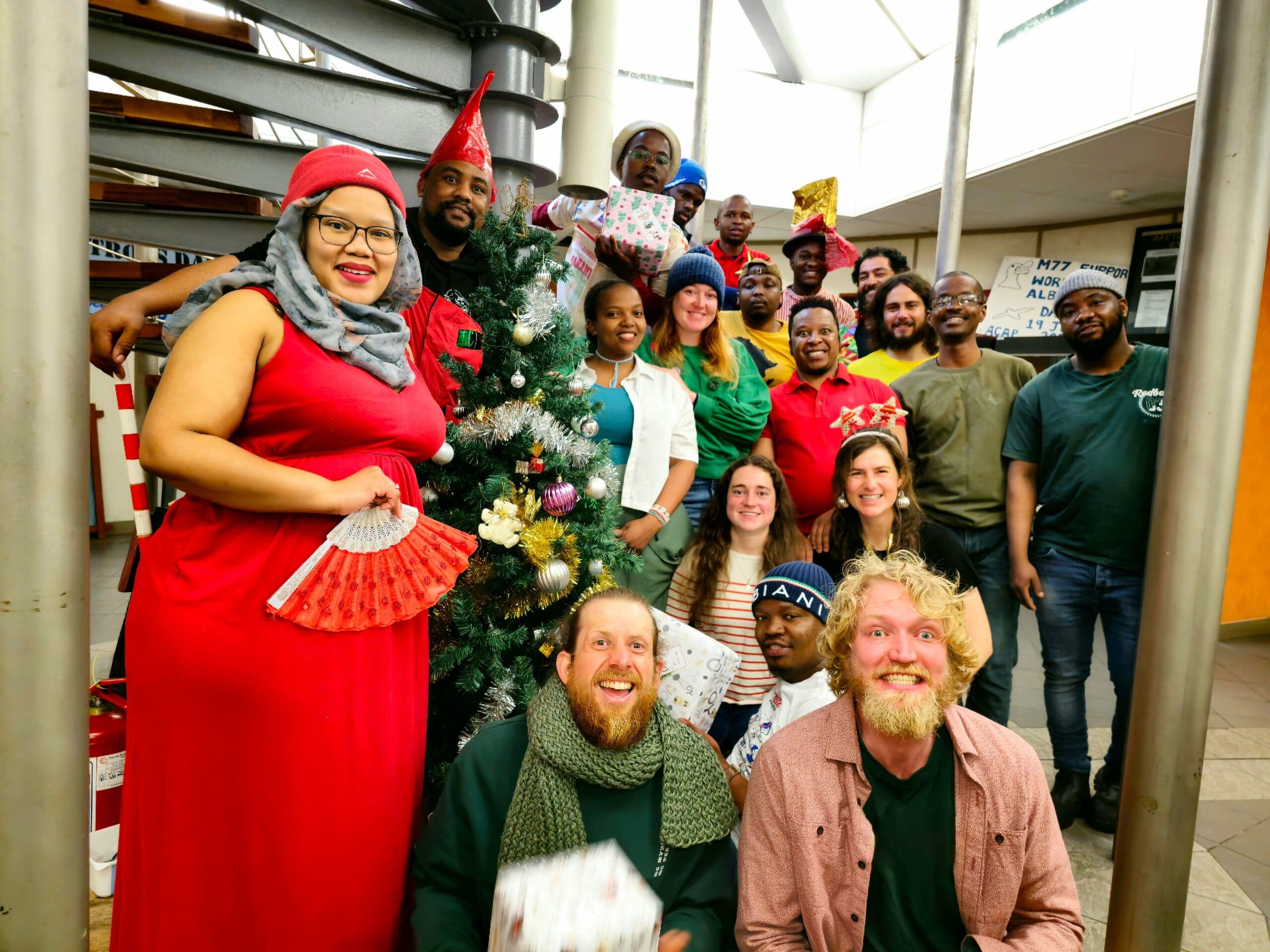 MARION 80
MARION 80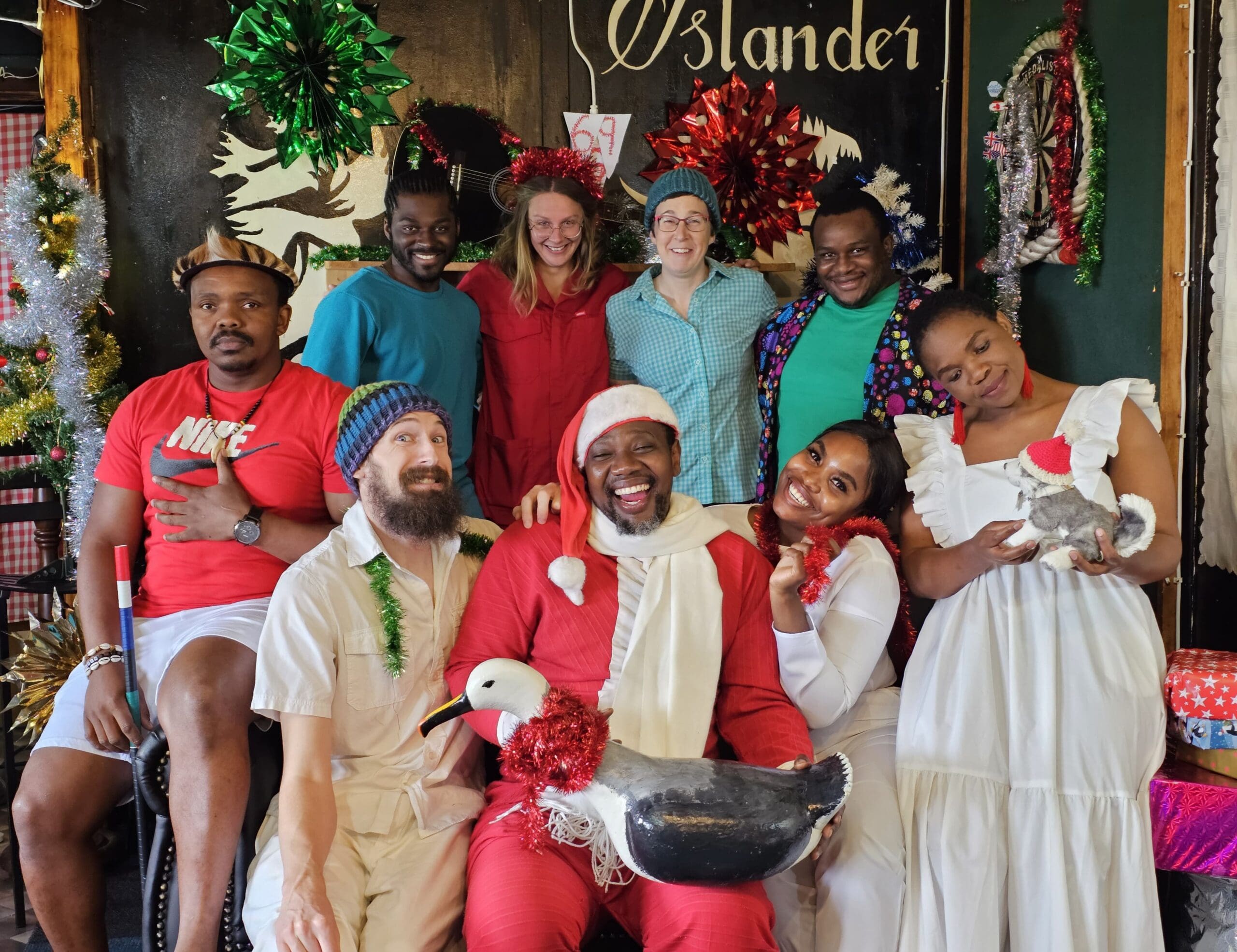 GOUGH 69
GOUGH 69




